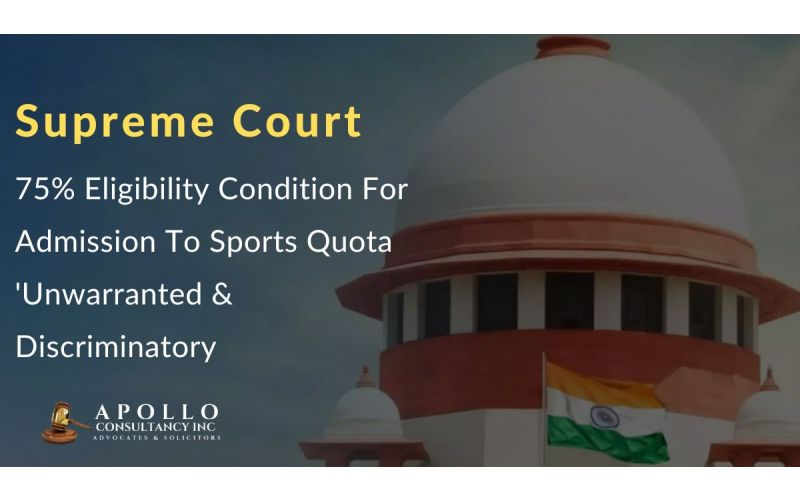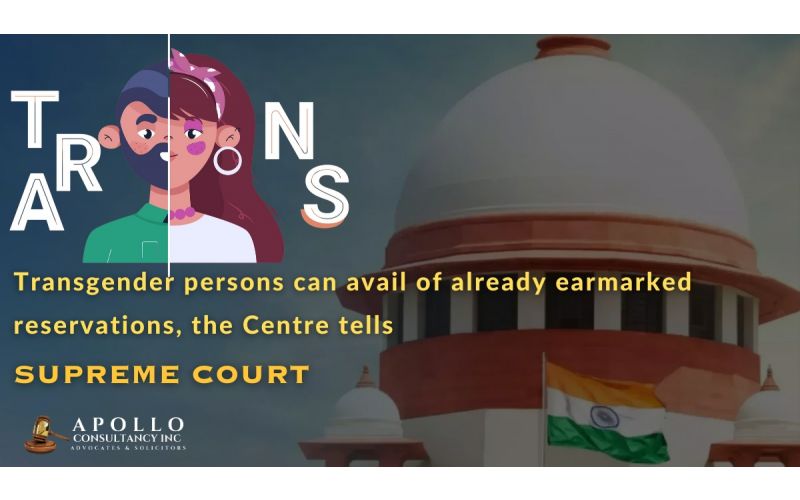Stubble Burning One Reason For Delhi Air Pollution, Says CAQ

Stubble Burning One Reason For Delhi Air Pollution, Says CAQM; Supreme Court Seeks Affidavits From Punjab, Haryana, UP, Rajasthan
The Supreme Court on Tuesday (October 31) asked the Governments of Punjab, Haryana, Uttar Pradesh, Rajasthan and Delhi to file affidavits setting forth the steps they have taken to control air pollution including the measures to curb crop burning.
This was after the Commission for the Air Quality Management (CAQM) stated in its report submitted to the Court that one of the reasons for the air pollution in the National Capital Region was stubble burning.
A bench comprising Justices Sanjay Kishan Kaul and Sudhanshu Dhulia observed in the order :
“The status report has been filed on behalf of the Commission for Air Quality Management in compliance of the order dated 10.10.2023. The report is comprehensive, but the problem of the air quality still persists. One of the issues flagged is of crop burning. Ld. Amicus suggests that the concerned states should an affidavit setting forth the steps they have taken to redeem the position…. we call upon the state of Punjab, Haryana, UP, Rajasthan and Delhi to file their affidavits within a week…Commission will also state before us in a tabular form the result for the relevant period which is when the problem starts till one day before next date.”
During today’s hearing, the Union submitted that the report of CAQM dealt with the eight sources of pollution, and it also mentioned the steps that have been taken in that regard. Further, it also included the tables comparing the position of last two-three years and today.
Justice Kaul asked about the air quality impact and told the Union that all these steps are on paper. “The point is on ground reality what is happening? Whatever happens the air quality does not improve”.
Post Categories
Featured Posts
Latest Posts
Latest Posts

Legal Challenges in Cryptocurrency and Blockchain: Exploring the Evolving Legal Landscape
The rise of cryptocurrencies and blockchain technology has revolutionized the financial world, but it has also brought about a series of complex legal challenges. As more businesses and individuals adopt digital currencies and decentralized systems, governments and regulatory bodies are ...

Legal Framework for Virtual Court Hearings: Challenges and Opportunities
The advent of virtual court hearings marks a significant evolution in the judicial system, reshaping traditional courtroom dynamics. While this shift brings efficiency and accessibility, it also introduces unique challenges and opportunities that require careful consideration within the legal framework. ...

75% Eligibility Condition For Admission To Sports Quota ‘Unwarranted & Discriminatory
The Supreme Court has held that the eligibility condition of minimum 75% marks does not promote the object of introducing the sports quota, and such criterion subverts the object and falls afoul of the equality clause in Article 14 of ...

Transgender Persons Can Avail Of Already Earmarked Reservations, The Centre Tells : Supreme Court
The Centre has informed the Supreme Court that transgender persons can avail the already earmarked reservations in jobs and educational admissions and there is no separate reservation being provided to them. In 2014, the top court directed the Centre and ...

Contract Law in the Digital Age: How E-Contracts Are Transforming Legal Agreements
In today's fast-paced, technology-driven world, traditional paper-based contracts are swiftly being replaced by electronic contracts, or e-contracts. This shift is transforming the way legal agreements are created, executed, and enforced. Here’s an in-depth look at how e-contracts are revolutionizing contract ...

Navigating Real Estate Challenges: A Solicitor's Insight
Introduction: In the intricate world of real estate, consumers often find themselves entangled in a web of complexities that demand legal acumen and guidance. As a solicitor passionate about serving my clients, I feel compelled to shed light on the ...

Speak With Our
Get a Appointment
















